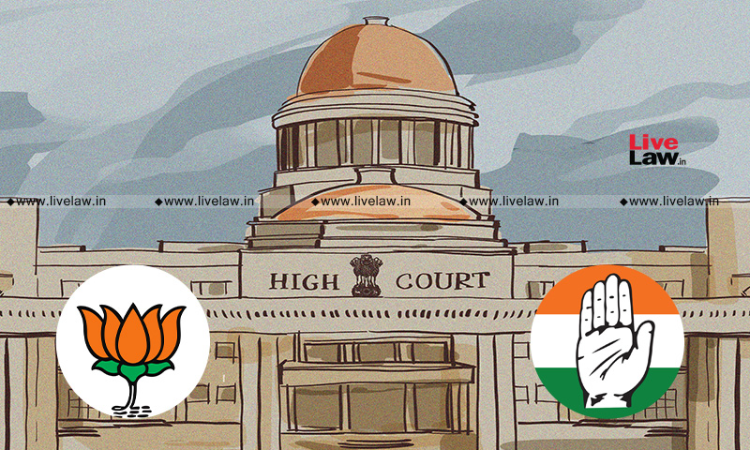Allahabad HC Dismisses PIL Against ECI's Order Granting 'National Party' Status To BJP, Congress, Allotting Symbols To Them
Sparsh Upadhyay
7 Jan 2022 12:50 PM IST

Next Story
7 Jan 2022 12:50 PM IST
The Allahabad High Court on Thursday dismissed a Public Interest Litigation (PIL) plea which sought quashing of the order of recognition given to Bharatiya Janata Party (BJP) and Indian National Congress (INC) as National Parties by the Election Commissions of India (ECI) and further, allotting symbols to them.Essentially, the Bench of Justice Devendra Kumar Upadhyay and Justice Saroj Yadav...
